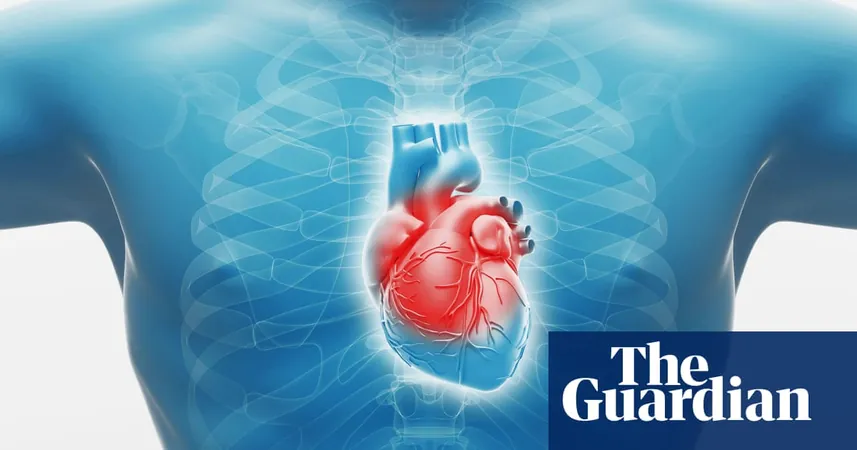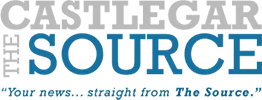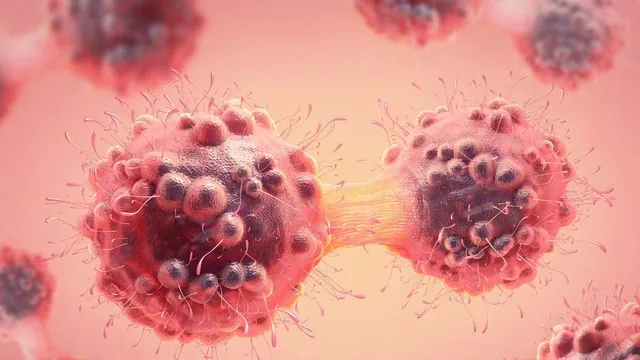
Unlocking Heart Health: How Two Inexpensive Drugs Could Revolutionize Recovery After Heart Attacks
2025-04-14
Author: Charlotte
A Groundbreaking Study That Could Save Lives
Imagine being able to prevent thousands of heart attacks and strokes, all with the simple combination of two affordable medications. A recent study reveals that this dream could become a reality, significantly changing the landscape of cardiovascular care.
The Silent Killer: Understanding Heart Disease
Cardiovascular disease stands as the leading cause of death globally, with heart attacks marking the most acute threat. Survivors face the highest risk of recurring events within their first year, as blood vessels remain delicate and more prone to clot formation.
The Power of Two: Statins and Ezetimibe
In a pivotal study conducted by researchers from Imperial College London alongside Lund University, it was found that administering a dual treatment of statins and ezetimibe—a cholesterol-lowering medication—can drastically lower the risk of subsequent heart attacks, strokes, and even death.
Professor Kausik Ray from Imperial’s School of Public Health emphasized the urgency: This combination could save lives and significantly cut down on recurrent heart events. Yet, patients globally are not receiving these drugs together, leading to avoidable tragedies and straining healthcare systems further.
A Call to Action: Changing Treatment Protocols
The researchers meticulously analyzed data from 36,000 Swedish heart attack patients between 2015 and 2022. They discovered that those given both medications within 12 weeks saw a marked improvement in their health outcomes compared to those who started later or only received statins.
Ray stated, A simple shift in treatment guidelines can make a world of difference for patients. With a potential combined cost of about £350 per year for this therapy, it presents an economical alternative to the long-term expenses associated with heart attack care.
A Global Perspective on Treatment Practices
Margret Leosdottir, an associate professor at Lund University and senior consultant at Skåne University Hospital, expressed hope for changes in global healthcare guidelines. This change could lead to a significant reduction in unnecessary suffering and lives lost.
Currently, the combined therapy is often overlooked due to a cautious approach aimed at preventing side effects and overmedication. However, Leosdottir argues that the benefits of early intervention with both medications are profound, with minimal side effects reported and broad availability.
The Future of Heart Attack Recovery
As the medical community digs deeper into the statistics, the call for a transformation in how we approach heart attack recovery grows louder. The evidence is mounting: combining inexpensive treatments could not only make a significant impact on individual lives but could also reshape health policy across nations.
This study highlights a crucial opportunity for innovation in patient care. With the right changes to treatment protocols, we could witness a future where fewer people suffer from the aftermath of heart attacks, driven by the proactive use of cost-effective medications.









 Brasil (PT)
Brasil (PT)
 Canada (EN)
Canada (EN)
 Chile (ES)
Chile (ES)
 Česko (CS)
Česko (CS)
 대한민국 (KO)
대한민국 (KO)
 España (ES)
España (ES)
 France (FR)
France (FR)
 Hong Kong (EN)
Hong Kong (EN)
 Italia (IT)
Italia (IT)
 日本 (JA)
日本 (JA)
 Magyarország (HU)
Magyarország (HU)
 Norge (NO)
Norge (NO)
 Polska (PL)
Polska (PL)
 Schweiz (DE)
Schweiz (DE)
 Singapore (EN)
Singapore (EN)
 Sverige (SV)
Sverige (SV)
 Suomi (FI)
Suomi (FI)
 Türkiye (TR)
Türkiye (TR)
 الإمارات العربية المتحدة (AR)
الإمارات العربية المتحدة (AR)